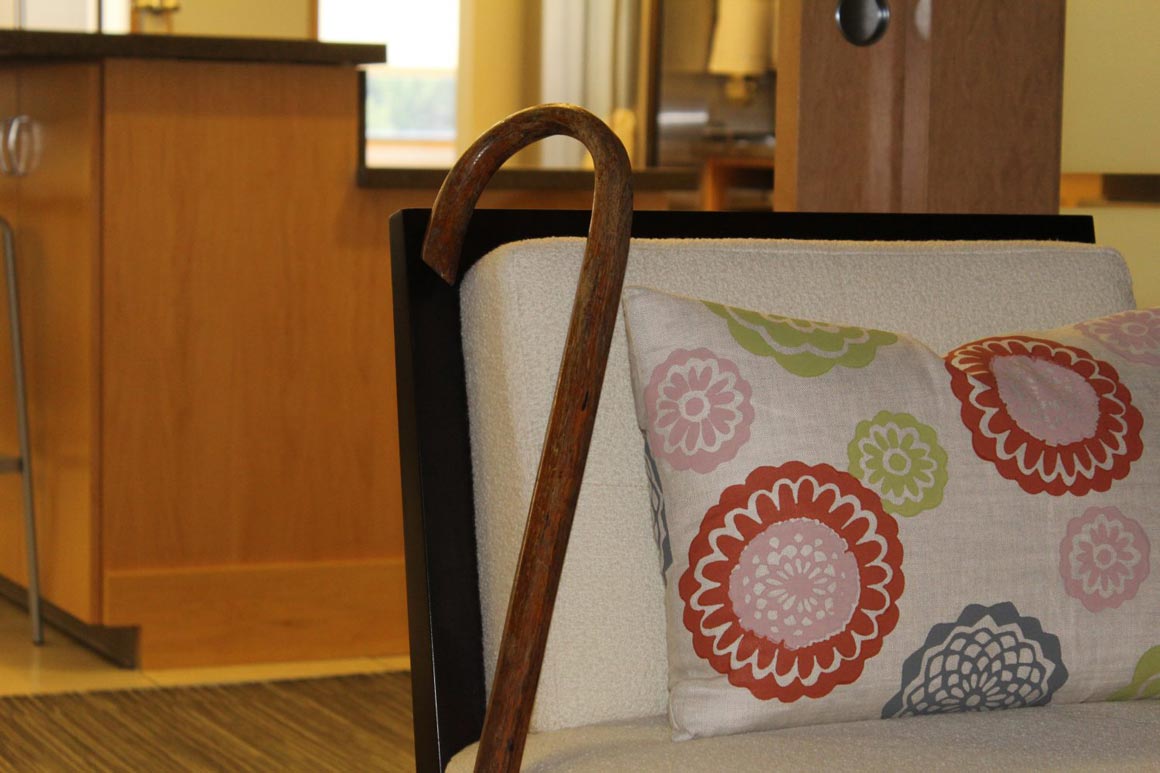Sometimes the hardest advice to give is to those closest to us. While we don’t pretend to have the secret recipe for success, we have found that objectivity, independence and clarity are essential. Here’s a bit more detail as to how we think about helping aging parents.
1. Use an independent, neutral advisor to facilitate the planning. This person can gather information, identify gaps, detect patterns, and provide thoughtful solutions. It is important that the advisor meets with parents and children separately: At Matter, when we serve in this role, we generally meet with the children first to get their take on the situation, then meet with the parents and peel back the onion.
2. Free yourself from expectations about how your parents and other family members will react to your intentions to help. We have seen friction arise in situations where parents or other family members did not react in the way children were expecting. Parents experience anxiety about their reduced control over their own lives. Siblings may not be willing or able to contribute to caring for parents. The decision-making process may stir up challenging discussions with your spouse. Expecting the unexpected is the best way to approach this journey with your family.
3. Have patience with the process. Devote yourself to a patient, loving, respectful and sensitive approach to the reversing of roles between parent and child. Even the most flawless technical strategies will be successful only if you collaborate with your parents to implement them on a timeline that feels comfortable for everyone.
4. Maintain clear communication. Regardless of the strategy, you should be very clear on the purpose and plans for your contributions to support your parents. Make sure to clarify the type of assistance you plan to provide, the frequency with which you plan to provide it, and any provisions on its use. Creating pictures or diagrams of the plan to memorialize it for your family is often a good way to accomplish this.
